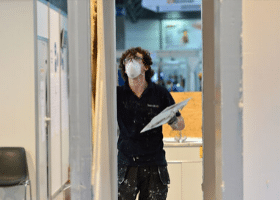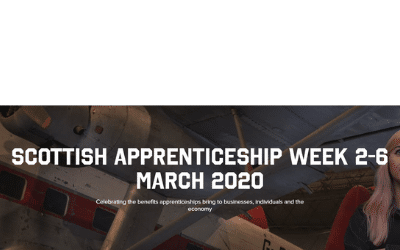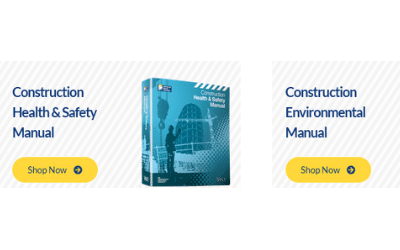
FIS to establish COVID-19 H&S Taskforce
FIS is calling on the sector to help set up a taskforce to identify and look at individual tasks and situations that are difficult or seemingly not possible to achieve whilst adhering strictly to the Public Health England Guidelines.
There are a number of instances that are being identified in the Finishes and Interiors Sector where it may not be possible to comply with the 2m individual proximity rule. It is the view of FIS that we need a structured process to look at individual tasks and situations that are difficult or seemingly not possible to achieve whilst adhering strictly to the Public Health England Guidelines.
We are therefore asking members to complete a very short survey that identifies instances where it is challenging to complete works whilst maintaining the 2m spacing. Once we have compiled a list of specific tasks (e.g. installing head details, fitting a fire door, cladding etc. rather than issues related to site welfare), our plan will be to form a taskforce to review the list, create appropriate risk assessments and identify options, that will ensure, where possible, works can continue safely.
You can complete the survey and volunteer support here.
Through this process we aim to produce clear unambiguous guidance and a more agile approach to review innovative solutions and support the sharing of best practice.
Consistency will protect our people, business owners/duty holders and contractual positions and ensure that, where safe to do so, companies can either return to work or withstand unreasonable pressure to return. Please complete the short survey via the link below and if you are a H&S Expert and able to support us by volunteering for this vital group, let us know.
All responses will be treated in the strictest of confidence. We are looking for representatives from across the supply chain to support this taskforce. Naturally we will be looking to collaborate with other parts of construction sector and feeding information in to instruct the ongoing work of the Construction Leadership Council.
FIS has a dedicated COVID-19 Hub on its website which contains targeted information and resources to help those operating in our sector – visit www.thefis.org/covid-19-hub/


















